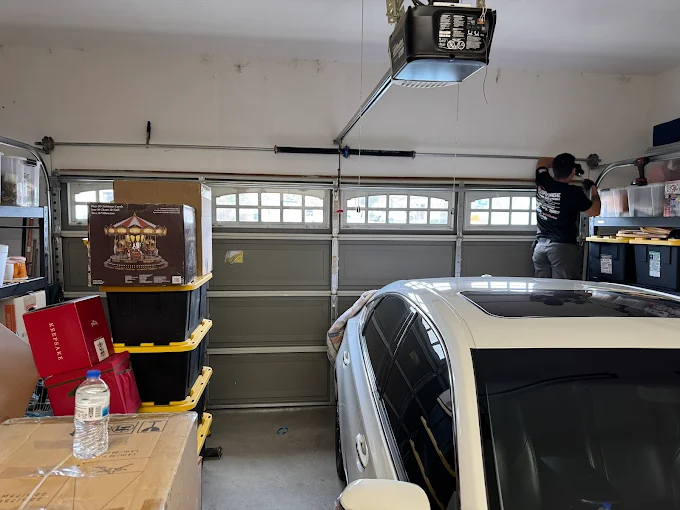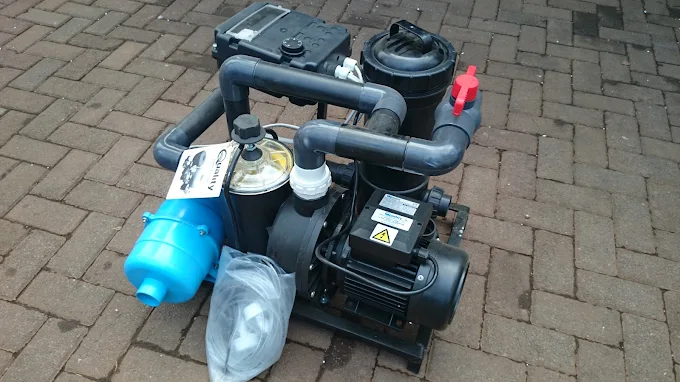
In the world of theater, television, and film production, the term “Drama Call” holds significant importance. Whether you are an actor, director, stage Drama Call manager, or part of the production crew, understanding what a drama call is and how it functions can greatly impact the smooth flow of any dramatic production. This article explores the concept of drama call, its role in the creative process, and why it is essential for successful storytelling on stage and screen.
What is a Drama Call?
A drama call refers to the scheduled time at which actors and crew members are called to the theater or set to begin rehearsals or filming a particular scene or act. Drama Call Jacket Essentially, it is the “call time” for drama productions—when the cast and crew gather to prepare, rehearse, and perform. The term is commonly used in theater productions but is equally relevant in television and film.
Drama calls are carefully planned and communicated by the stage manager or production coordinator to ensure everyone involved knows exactly when and where they need to be. This prevents confusion, minimizes downtime, and helps the production stay on schedule.
Importance of Drama Call in Theater and Film
The drama call is more than just a start time; it is the foundation for a disciplined and organized rehearsal or shooting day. Here’s why drama calls are vital:
1. Coordination of Cast and Crew
Productions often involve many people—from actors and directors to lighting technicians and costume designers. A drama call ensures everyone arrives at the right place and time. This coordination is crucial because delays can disrupt the entire schedule, causing ripple effects that affect subsequent scenes or acts.
2. Efficient Use of Time
Time is money in the entertainment industry. Drama calls help optimize the available time by ensuring everyone is present and ready to work. This is especially important during shooting days where location rentals, equipment, and personnel come with a cost.
3. Preparation and Focus
A drama call provides actors with the necessary time to warm up, review their lines, and get into character. It also allows directors and crew members to make last-minute adjustments. This preparation leads to more polished performances and higher production quality.
4. Safety and Compliance
In many productions, especially those involving complex stunts or special effects, drama calls are crucial for safety briefings and ensuring all safety protocols are followed. It helps the team review hazards and confirm that everyone understands their responsibilities.
Types of Drama Calls
Drama calls vary depending on the nature of the production and the phase it is in:
- Rehearsal Call: The time actors and crew are called to rehearse scenes before the actual performance or shooting. These calls can be days or weeks ahead of the final production.
- Technical Call: Scheduled to set up lighting, sound, costumes, and stage props. This call ensures that the technical team is ready for the actors.
- Makeup Call: Specific to actors needing makeup and costume preparations before appearing on stage or on camera.
- Performance Call: The final call before a live show or filming of a scene, when everyone must be fully ready.
How to Handle Drama Calls Professionally
For actors and crew, responding professionally to drama calls is essential. Here are some tips:
- Be punctual: Always arrive on time or early to drama calls to show professionalism and respect for everyone’s time.
- Come prepared: Know your lines, bring your costume pieces, scripts, or any necessary props.
- Stay focused: Use the call time to mentally prepare and focus on your role.
- Communicate: If you have conflicts or delays, inform the production team as early as possible.
Conclusion
A drama call might seem like a simple scheduling term, but it represents a crucial part of the production process that ensures a smooth, safe, and efficient workflow. It acts as the heartbeat of any dramatic endeavor, uniting the cast and crew to bring stories to life on stage or screen. By understanding and respecting the significance of drama calls, everyone involved can contribute to a successful and memorable production.
Whether you are stepping into the world of acting or part of the behind-the-scenes crew, mastering the etiquette and timing of drama calls will enhance your professionalism and help elevate the overall quality of your work.






